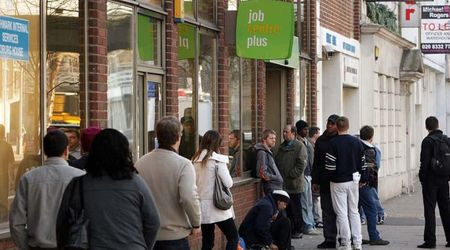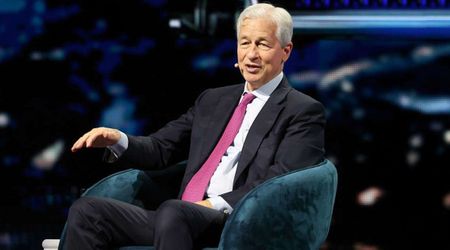'Jeopardy' host Ken Jennings reveals what he really thinks of AI after losing to a supercomputer

Artificial Intelligence has taken the world by storm, and millions turn to ChatGPT for answers about almost anything. But “Jeopardy!” host and former champ Ken Jennings, who gained a fan following for his trivia knowledge, has a lot of reservations about it. Long before AI became widely accessible to people, Jennings and former contestant Brad Rutter went up against a supercomputer called the IBM Watson in a “Jeopardy!” style quiz back in 2011.
Alex Trebek was the host of the event. At the time, everyone was fascinated to see how a computer could match up to two of the greatest contestants in the show’s history, and the results left them stunned. Watson did not have the best start and got a lot of answers wrong. However, it still dominated the two humans and ended up winning $1 million in prize money, which was donated to charity.
"Just as factory jobs were eliminated in the 20th century by new assembly-line robots, Brad and I were the first knowledge-industry workers put out of work by the new generation of ‘thinking’ machines. ‘Quiz show contestant’ may be the first job made redundant by Watson, but I’m sure it won’t be the last,” Jennings had said at the time, according to a Fox News report. More than a decade later, AI has far exceeded what that Watson model could do, but Jennings still doesn’t fully trust it. "I’m deeply skeptical of AI," he said at the TCM Classic Film Festival, and added, "Obviously, these current iterations of LLMs would clean Watson’s clock at ‘Jeopardy!’ The technology has moved on. I’ve played with chatbots and ‘Jeopardy!’ clues, and they’re very hard to stump.”
View this post on Instagram
The technology is comparatively cheaper in today's world, and even if it’s not, it gets the job done in far less time than people in many sectors. Jennings, who is also an author, believes that there is no room for AI in art.
"I work in a creative field, and when I watch something or I listen to something, I want to feel like it’s coming from a mind. I want that sense of someone talking to me, and I never get that with AI slop," he said at the festival. He isn’t the only one who feels that way. The technology has even found its way into cinema as OpenAI is all set to make its Hollywood debut with a feature film, according to a report in Forbes.
Social media platforms such as Instagram and TikTok are also rife with AI-generated video content these days, truly marking an age where technology might just trample over human creativity in the next few years. It’s not surprising that artists often go up against this technology, which threatens their livelihoods.






















